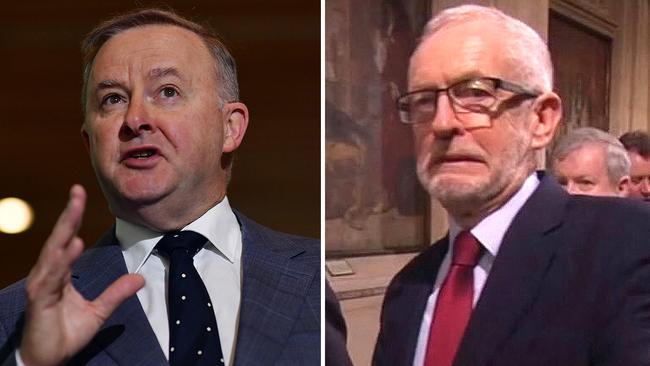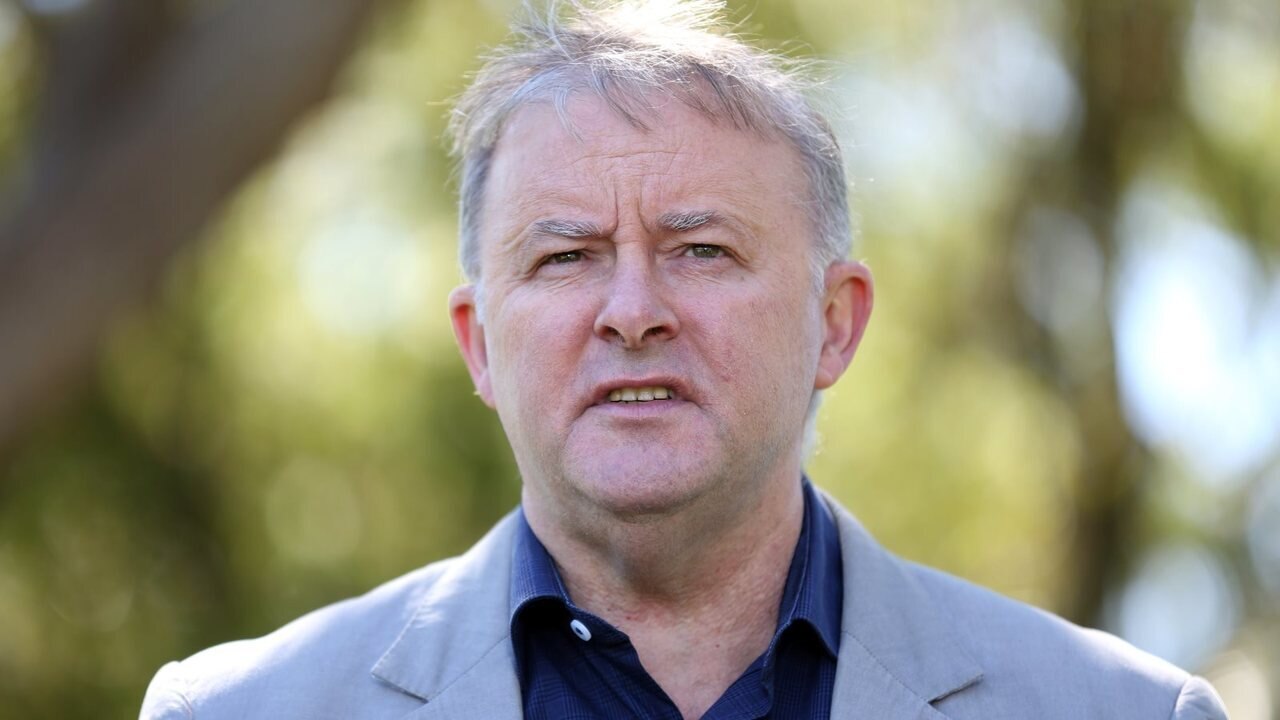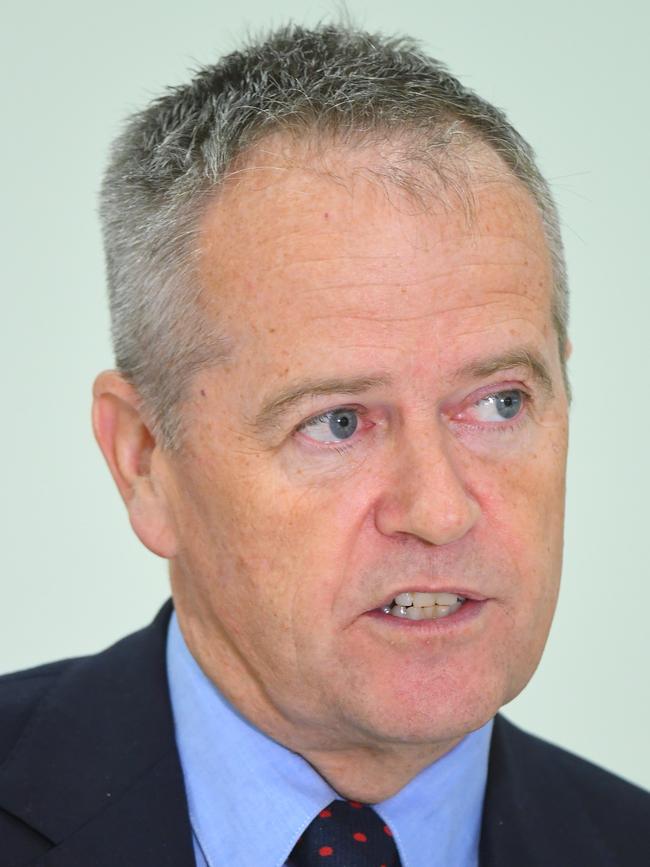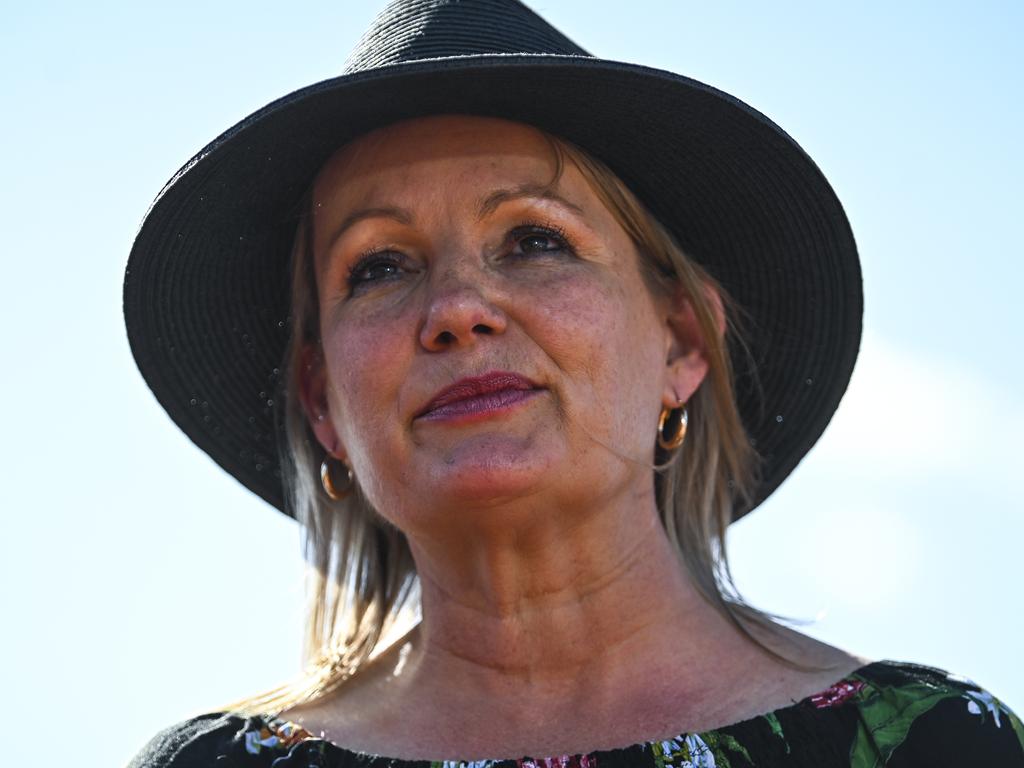Labor must refresh agenda as nation goes for growth

Scott Morrison has asked for fresh ideas and eyes for a growth agenda to guide the nation’s emergence from the coronavirus pandemic. The Prime Minister wants a business-led recovery, with private enterprises roaring out of the abyss, investing, employing, innovating and competing on world markets. He envisages business, unions and community groups combining to fashion a new consensus on reform. It sounds so 1980s — the era of tripartite summits, accords and deregulation, led by Bob Hawke, Paul Keating and the ACTU’s Bill Kelty. Mr Morrison and Josh Frydenberg have unleashed the biggest fiscal splurge in our history to keep companies operating and to hold on to workers amid unprecedented restrictions to suppress COVID-19 infection rates. But the goal is to restore an open, market-based economy, not one controlled from Canberra.

This is not an ideological odyssey but a return to the successful homegrown model that has seen our living standards double during the past four decades. Are readers aware of any alternative approaches? From his reliable interview perch at the ABC, Anthony Albanese has emerged as a voice for mixing it up. Why? For brand differentiation alone, because that’s how we’ve done politics since reform’s halcyon days, when bipartisanship, trade-offs and persuasive policy sales pitches came together in the national interest. The Morrison government wisely rebuffed Virgin Australia’s lunge for taxpayers’ wallets. Mr Albanese haphazardly would have gone further into debt to buy a stake in the carrier, propping up the foreign shareholders who are responsible for its capital crisis. Senior Labor MPs argue Canberra should take a stake in all critical businesses facing hardship. It’s 2020, folks, but mind the thundering herd that now demands a handout.

A year ago, voters rejected Bill Shorten’s neo-interventionism: a living wage, greenhouse gas abatement at any cost, $387bn in new taxes. Mr Albanese declared he would ditch the class-war rhetoric and redistributive agenda. The Opposition Leader promised to work with business to grow the economy; he even may have mentioned Hawke and Mr Keating as inspirations, but this vibe has evaporated. There is a buzz around a new productivity agenda; it’s driven by top mandarins, Reserve Bank governor Philip Lowe and Treasury secretary Steven Kennedy, as well as the business lobby and eminences such as Peter Costello, Ken Henry and Ian Harper. Naturally the emphasis is on improving our supply side, focusing on tax, infrastructure, education and training, regulation and industrial relations. As well, there are big issues such as energy policy, manufacturing and federal financial relations.
Confronted by experts advocating debate about solutions, you would hope Mr Albanese would lead with a positive mindset, given his tangential role in dealing with the immediate medical and economic calamities. But as we seek a fast-growth exit from the morass, his first instinct has been to play the spoiler. In his view, cutting company tax or making our workplaces more flexible is akin to “let it rip for market forces”, that the government is pursuing an “old right-wing agenda”. Yet this is central to the wishlist of our best economic brains. What’s the plan to pay back the debt, Labor asks. But in the next sentence it backs a range of schemes to increase permanently the footprint of government, whether higher welfare payments, social housing or madcap industry policy.
My turn. #MeAt20 protesting at @Sydney_Uni. pic.twitter.com/C6VZdpJNFX
— Anthony Albanese (@AlboMP) April 17, 2020
It’s true Mr Albanese, as a student activist, often railed against Labor’s pro-market reforms. As the alternative prime minister, however, he must recognise virulent Corbyn-19 is a dead end, personally and politically. In a nutshell, our exit strategy must be to go for growth, driven by the private sector. It means employers working with their employees to drive efficiencies — to work smarter, with superior tools and to produce better goods and services. That’s the main game for the labour movement and business leaders, a win-win for the nation. Co-operation will also rebuild confidence; there can’t be a recovery without it. On Thursday Mr Morrison said the government would not only be “harvesting” the best policy options of the past decade but also inviting fresh thinking for a new world, with a view to putting Australia in an even stronger position in the future. A positive, practical and ambitious policy contribution from Labor, in its best traditions, will help us reach higher.




